Eager parents quick to learn marriage lines
By Shi Yingying ( China Daily ) Updated: 2013-05-22 07:35:11
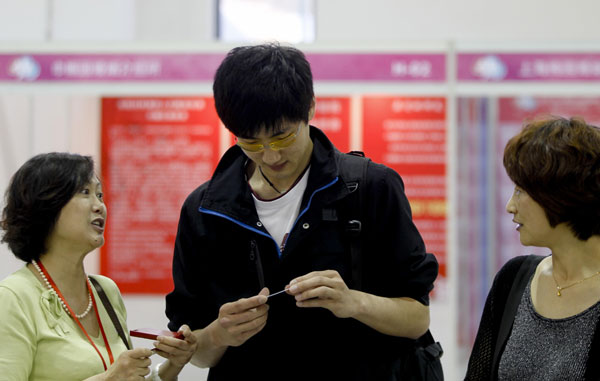 |
|
Agency employees urge a young man to register with their company at the weekend's matchmaking event. [Photo by Zhang Dong / for China Daily] |
According to Zhou Juemin, president of Shanghai Matchmaking Agency Management Association, which organized the event, out of every 100 attendees, there were 46 men and 54 women.
Zhou called the disparity "a big relief" because "we don't have to limit the number of female participants and there's been no need to mobilize male members from matchmaking agencies in our association to even up the gender gap".
Up until last year, the organizers of events of this nature agonized over the uneven gender split. There were six females for every four males at the 2011 event, which attracted 10,000 singles.
"We rejected more than 100 girls from our outdoor matchmaking activities for 1,000 singles in 2012, but tried our best to lure single males from companies such as Baosteel and Shanghai Urban Construction Group," said Tang Weili, office director with the organizer of the 2012 event, Shanghai Matchmaking Agency Management Association.
That event saw the number of young men boasting a conventional "good job" - defined as working at a large, State-owned company - was less than half the intended number as organizers attempted to even up the gender distribution.
Women were charged an entry fee of 100 yuan ($16), but the men's tickets were paid for by their labor unions to encourage them to attend.
Data from the National Bureau of Statistics shows that the number of men aged 30 or under outstrips women in the same age group by around 20 million. Approximately one in five women aged 25 to 29 is unmarried, while the proportion of unmarried men of equal age is around one-third higher.
"But that doesn't mean they will easily match up, because Chinese men tend to 'marry down', both in terms of age and educational achievement," said Zhou Xiaopeng, a national-level marriage and family counselor, who is also a consultant for the popular dating website Baihe.
"Women tend to have a stronger sense of emotional need, compared with men, especially women aged 30 and older. The pressure to become a wife and mother comes from their family or society," said Zhou.
She added that both males and females have a physiological requirement: "More than 70 percent of singles told me during consultation that they have sexual partners, but once that need has been met, women still long for marriage. Men, however, regard it as something attached to the provision of material goods, which can result in mental stress."
|
|
|
|
|
|
|
|
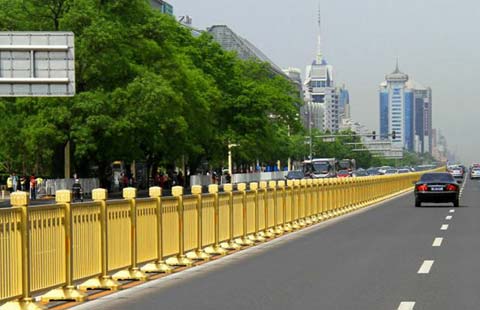
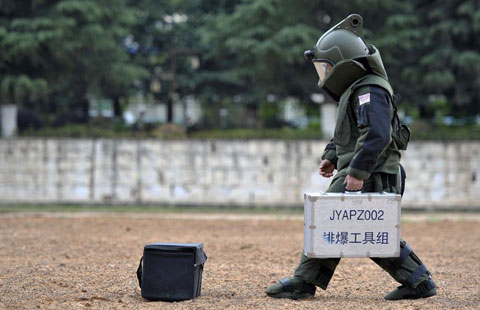
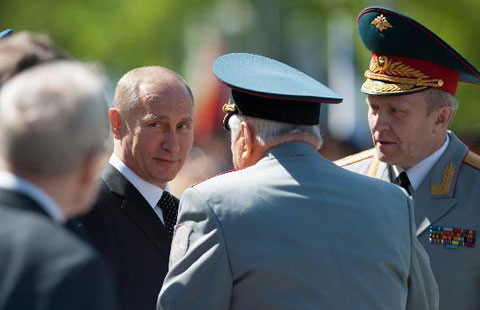
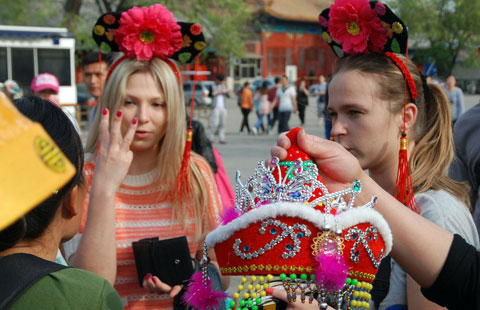
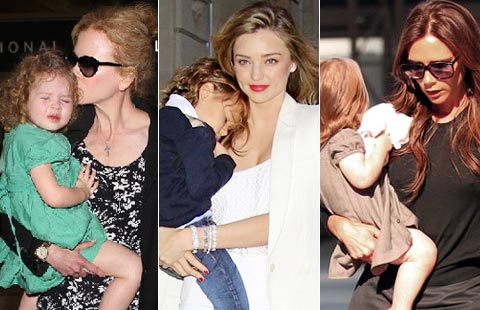
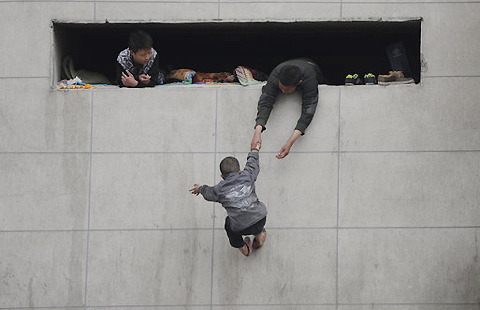
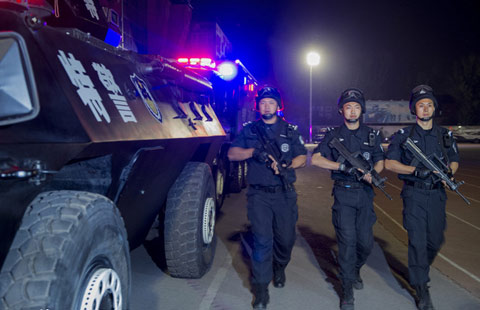
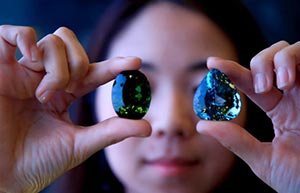
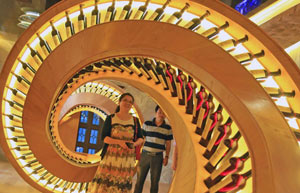
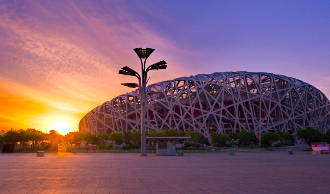
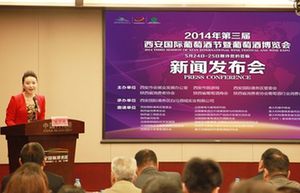
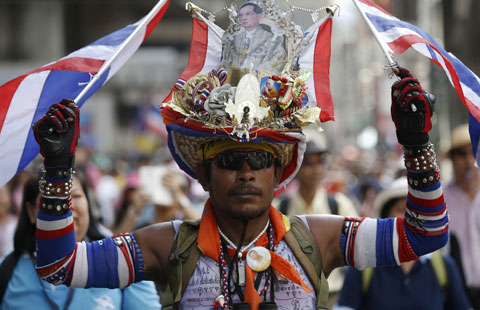
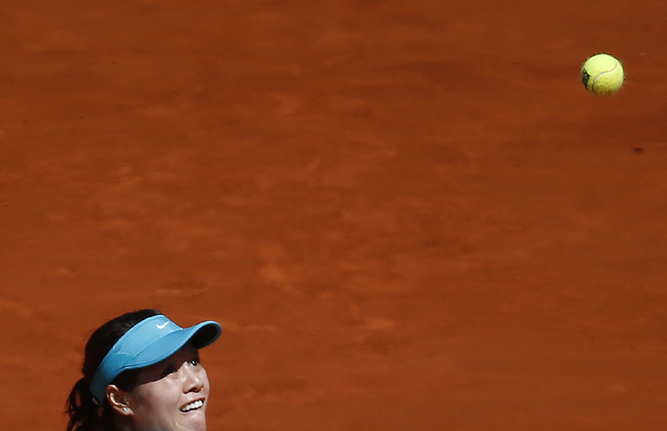
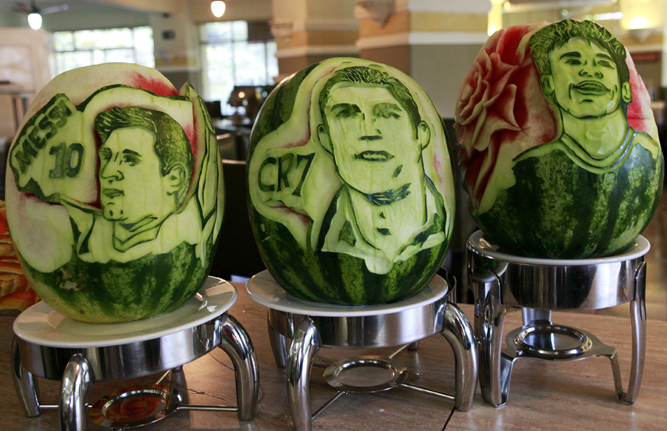




 Op Rana
Op Rana Berlin Fang
Berlin Fang Zhu Yuan
Zhu Yuan Huang Xiangyang
Huang Xiangyang Chen Weihua
Chen Weihua Liu Shinan
Liu Shinan